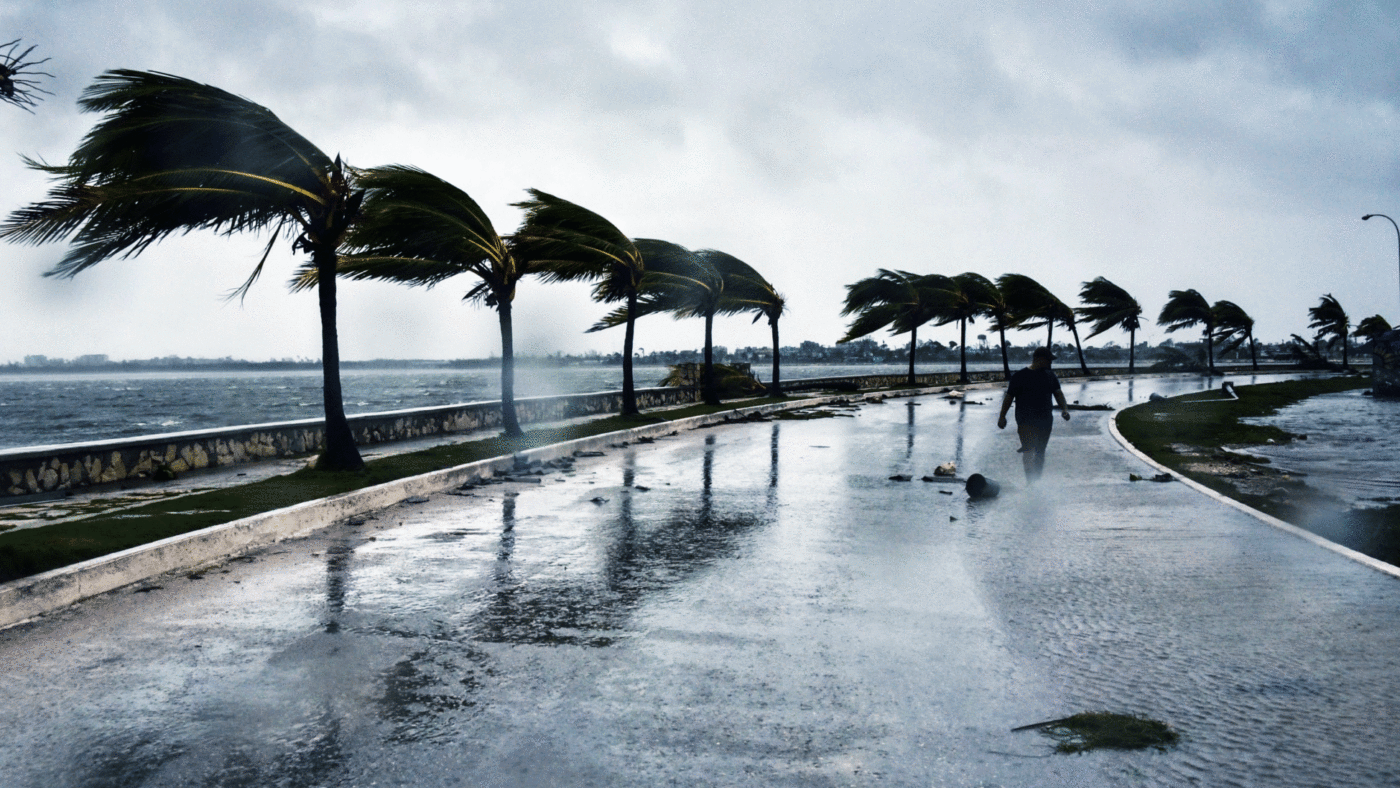It takes a certain mulish obstinacy to keep insisting that it’s capitalism and free markets which are responsible for, rather than the answer to, the coming Eco-Götterdämmerung. But that’s what we’re treated to from George Monbiot this morning. His argument is that capitalism requires growth, growth destroys the environment by consuming it and therefore….well, therefore it’s all ruined.
But capitalism doesn’t require growth – although in combination with free markets, it is a pretty good way to get it. And we’re really pretty sure that human beings like economic growth. Indeed, one of the attractions of that scientific socialism a century ago was that it promised more growth by doing away with the inefficiencies of markets. It might not have turned out well but that was the promise. However, we can be pretty certain that most of the seven billion out there want and like economic growth.
If we are to see the environment as a constraint on this, and it most certainly is a constraint – if not a binding one – then we want an economic system that will least bump up against that constraint while delivering growth. We can compare and contrast – try going swimming in the Aral Sea or the Thames. It’s not the capitalist free marketry surrounding the one which is going to cause the damage to you. Similarly, a deep lungful of air in distinctly capitalist Detroit isn’t going to have quite the same effect as that in Dhaka.
We should go further. There is no requirement whatsoever for economic growth to consume the environment. Rich country forest cover has been rising for a century now – we don’t bulldoze the trees to build a modern society. Let’s not forget that economic growth is the adding of value. It is not, absolutely not, the throughput of things, resources, nor even energy: it is the creation of more value. That’s what Gross Domestic Product actually is, the value added in an economy. We could, and would, grow the economy forever, at least until we exhaust all methods of adding value, even if we never used another single natural resource ever again.
But then all of this is well known. What really irks is the misunderstanding George applies to what economics has to say about all of this. His response to Milton Friedman saying that, as long as they are appropriately priced, ecological values are just like any other and can be accommodated in the market is:
“But there’s a flaw. Hurricanes do not respond to market signals. The plastic fibres in our oceans, food and drinking water do not respond to market signals. Nor does the collapse of insect populations, or coral reefs, or the extirpation of orangutans from Borneo.”
Quite so, but that is to miss the point entirely. We’re expecting human beings to respond to prices in markets, which is why we want to make sure that those prices are appropriate. As in the entire economic discussion about climate change: CO2 costs are not in market prices, thus we’ve too much CO2. Get CO2 prices into market prices with a carbon tax and we’re set, we’ve got ecological concerns incorporated into market prices and humans will react to them. Nick Stern had a 1,200 page report on this very point.
All of which leads up to his crucial misunderstanding: “The environmental crisis demands a new ethics, politics and economics.”
A new ethics? Why not, convince enough people and it will be the new ethics. I’m all onboard with a new politics considering the politicians we’ve currently got.
But the demand for a new economics is flawed. Our current system is not a normative science, telling us what we should do. It’s a positive one, describing what human beings actually do in response to stimuli. It’s not perfect, by any means, but it isn’t something that’s a choice – it’s a description of how we interact with reality.
To call for a new economics is as ridiculous as calling for humans not to be humans. Which is just fine of course, ask for whatever you want plus a pony, but it’s been tried a number of times and it doesn’t work out well. As the Aral Sea example shows us.
We can’t simply demand a new economics. That’s why those ecological concerns should be in prices, to allow markets to process them. They will then be taken care of and thus will capitalism secure our future, not destroy it.


